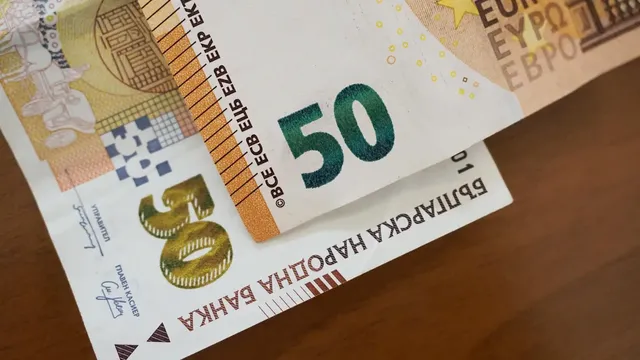The EU is set to approve Bulgaria's application to join the eurozone on January 1, 2026, making it the 21st member of the bloc's currency union.
After years of waiting, several officials told Politico that the European Commission (EC) and the European Central Bank (ECB) are expected to finally give their approval in a report to be published next Wednesday.
Bulgaria's accession to the eurozone will help the country boost trade with the rest of the bloc, reduce transaction costs, and strengthen its influence in Brussels.
“Joining the euro will only strengthen Bulgaria's sovereignty—we will participate in the ECB's decision-making process,” said Atanas Pekanov, a Bulgarian economist and former deputy prime minister.
For decades, the local currency, the lev, was pegged to the euro, but the country had no say in the ECB's monetary policy decisions as it was not a member of the union. If Bulgaria joins the single currency as planned in 2026, the governor of the BNB will take up an official seat on the ECB's Governing Council. However, as it will be only the 13th largest member of the union, with a share of less than 1% of gross domestic product, its influence in the Council will be limited. | BGNES

 Breaking news
Breaking news
 Europe
Europe
 Bulgaria
Bulgaria







